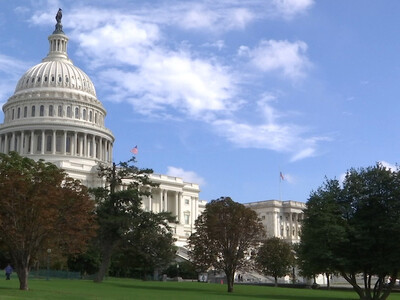Water Protection
Idaho Congressman Mike Simpson recently cosponsored legislation to require the Environmental Protection Agency and the U.S. Army Corps of Engineers to withdraw their rule changing the definition of "waters of the United States." H.R. 1732, the Regulatory Integrity Protection Act of 2015, would pull back the flawed rule and ensure that any new rule reflects the input of stakeholders and State and local officials. Simpson chairs the House Energy and Water Development Appropriations Subcommittee, which oversees the budget for the Army Corps, and serves on the subcommittee that oversees the EPA budget.
"I have long been opposed to EPA's efforts to expand its authority under the Clean Water Act because of the devastating impact it would have on Idaho's rural towns, local governments, and farmers and ranchers," said Simpson. "What has become abundantly clear since this rule was proposed is that it would create huge problems throughout the country as well—in fact, last year I joined more than half of my colleagues in the House opposing this rule, and EPA has received a record number of comments from the public. H.R. 1732 calls on the agencies to start over, and this time they need to make sure that they respond to the local concerns."
The proposed rule would expand the reach of the Clean Water Act by replacing the term "navigable waters" with the term "waters of the United States." Non-navigable waters are currently regulated by the states. Striking this term means that the Act could be broadly interpreted to included everything within a state, including ground water. Simpson has authored language included in previous appropriations acts to prevent EPA from removing the term "navigable waters" from the definition of waters subject to EPA and Army Corps regulation under the Clean Water Act.














